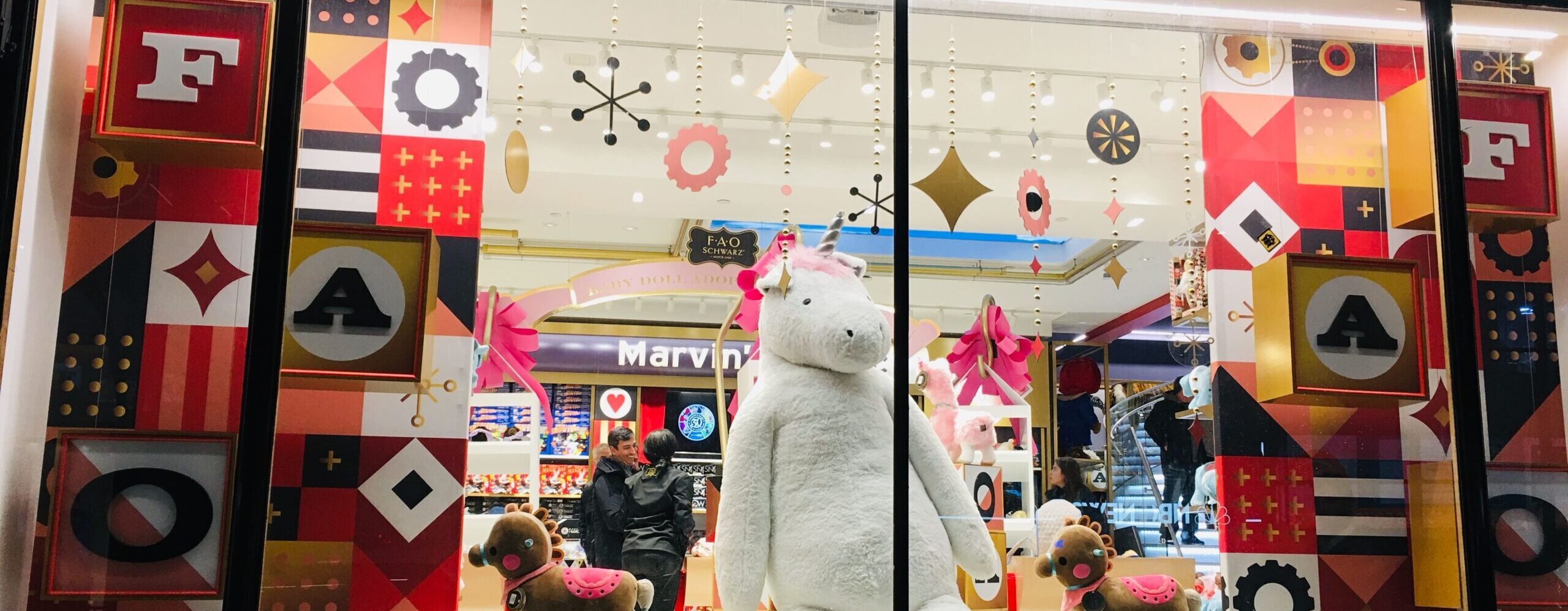Date: 02 Feb, 2022
Online dating refers to websites and apps that facilitate romantic relationships’ or various sociosexual connection initiation by offering users
(1) access to the profiles of potential romantic candidates,
(2)a communication channel to initiate contact, and (3) a romantic compatibility matching algorithm to be paired for potential romantic initiation.
The first site was established in 1995 by Match.com and eHarmony, which claims to use a “scientific” approach to romance.
Many online dating platforms offer an app-based version of their services for users to access on their smartphones, including the top five sites globally: Bumble, Tinder, Hinge, Match.com, Plenty of Fish, Zoosk, OKCupid, eHarmony and Muzzmatch.
Finding a romantic partner through online dating sites can be achieved through two primary methods. First, users can search the profiles of other individuals on the site and contact the ones they are interested in, which is similar to the traditional approach of scanning through “personal” print advertisements to meet someone.
The online site may be the only platform through which people connect; however, there has been a revolutionary shift from mediums like texting, calling, letter writing to webcasts/private online sessions, Video dating and heading towards Metaverse dating as their relationship unfolds.
Second, users enter their personal/astrological information and preferences into online dating site forms,which an algorithm processes to generate potential partners. Once a match is created or a swipe is done, users communicate with one another on the website/messaging to determine how, where, or if they want to meet in real life.
Besides the success of the online dating market, the online dating service has always been severely criticized for its ‘overemphasis’ on physical appearance. However, disregarding the communication context, physical appearance is the initiator for communication behaviors in most cases. Physical attractiveness traits primarily set off first dates in online settings as well.
The problem arises when first impression formation is created by computer technology because it extrapolates and enhances attractiveness exaggeratedly.
Little attention has been directed to how online dating mirrors the human perception of first impressions while forming interpersonal relationships. Therefore, attractiveness is the strongest predictor for online relationship initiation and the key factor for double downing matchmaking.
The study also displays that the longer individuals had known each other, the less probability for choosing a mate by the attractiveness criteria,but most likely by psychological similarities such as personality traits or characteristics.
Social networking sites like Facebook, Reddit, Instagram, WhatsApp, Twitter, Skype, and Zoom can also function as informal dating systems that bring people together for romance.
Besides the currently broad access to personal computers and smartphones that is also a factor in the increasing popularity of online dating. So technology has always been an enabler in this context.
The study has also revealed that, the longer time spent on an online platform decreases the motivation to meet face-to-face because it dampens the perceptions of closeness because candidates start to seek more online information about a candidate/prospect.
This can be opposite in some cases as well.
The ability of online dating sites to help create real and/lasting relationships varies considerably, and success is typically determined by the number of marriages generated annually.
Research suggests that there is a relationship between levels of perceived realism and individual perceptions of online romantic relationships. Surprisingly, the results did not support a positive relationship between levels of perceived realism and online romantic relationships.
The percentage of people who have met their spouse online has risen as online dating sites as the traditional seem offbeat and unworkable and so are the cases with has divorce been on the rise.
Over the past four decades, divorce rates around the world have more than doubled.
Divorce has many possible causes, including infidelity, financial problems, loss of intimacy, substance abuse, domestic abuse, lack of commitment, moral or religious differences, and simply growing apart.
In this 20th century despite having so many platforms, apps and so many avenues to connect still we struggle to find a good dating prospect or matchmaking.
So it’s not that we don’t have individuals, however, matching or pairing those with our expectations is getting complicated day by day. Also settling less for mediocre options is not a norm.
Research dedicated to online romances has reported that online dating services allow for high volumes of information to be transferred between sender and receiver.
Different experiential outcomes associated with using online dating sites (i.e., satisfaction, emotional well-being, sexual expression, violence, hobby, ethnicity, profession, race) are topics that are also commonly explored.
The expectations associated with dating can change from person to person and from culture to culture.Researchers in dating markets have always researched how social determinants like gender, race, and key personality traits produce differential dating outcomes.
Population-specific studies generate particularly nuanced information about the lived experiences of, for instance, LGBTQ/Queer communities, Kink groups, and people living with HIV/AIDS, etc.
The degree to which certain sites scam and defraud users of not just money, but also hopes of finding love, is another insightful area of study.
Online dating sites are not only explored by platforms and apps but also explored in the popular book market or erotic novels, and they often become bestsellers.
Online dating and online apps have changed the way that people pursue romantic relationships.
The fact that many apps now have online versions of their services reflects the continued importance of Internet/virtual dating in our increasingly digital world and the growing gap of boredom, loneliness, or getting accepted in social terms is increasing day by day.
Future research should look at how closely online and offline courtship behaviors overlap each other. Also should investigate the communication behaviors that individuals use on online apps compared to face-to-face interactions.
A mask is the norm of this pandemic lifestyle externally and internally for the real you as well.

